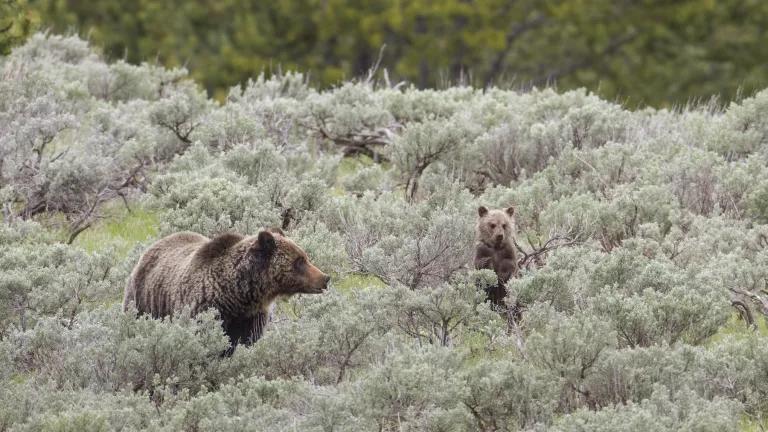
(c) Thomas Berg
Another ivory market moved towards closure this week, with the Hong Kong legislature voting on January 31, 2018, to ban domestic ivory sales by 2021. The bill also includes significantly stiffer penalties for smuggling ivory and other products made from highly endangered species, doubling the maximum fine to more than $1 million USD and increasing the maximum prison time from two years to ten years.
The announcement follows mainland China’s ban, which was finalized on December 31, 2017. That’s two big wins for African elephants already this year and a hopeful sign of more victories to come.
Hong Kong’s decision to close its ivory market is extremely good news for several reasons, including:
- It will end a legal market that has masked a large parallel illegal market – Currently, it's legal in Hong Kong to sell antique ivory acquired from the wild before 1976, as well as ivory imported into Hong Kong between 1976 and 1990 if accompanied by a license. But several busts of ivory dealers in Hong Kong for selling recently-poached ivory proves that this legal market is often used as a front to traffic illegal ivory. And Hong Kong's ivory dealers largely have not complied with the city's existing restrictions, with more than 60% of traders failing to display a government-approved ivory trading license.
- It will help enforce Mainland China’s ivory ban – Chinese residents have historically traveled to Hong Kong from the mainland to buy ivory, which they bring back with them. Now that China’s market has closed, that practice would likely increase significantly if Hong Kong didn’t also close its market. Indeed, an April 2017 TRAFFIC report found that one third of all Hong Kong’s licensed ivory retailers had actively encouraged buyers to break the law by smuggling ivory out of the city without an export permit. Bottom line: the success of China’s ivory ban depends on cutting off access to ivory in Hong Kong.
- It could spur action in the EU and UK – Given that most ivory exports from the UK and EU have been destined for Hong Kong, we hope this announcement will prompt the UK and EU to ban their ivory markets—an option they are currently considering having both recently ended public comment processes.
- It will send a signal to other countries – Hong Kong’s ban could also pressure other places to get serious about shuttering their ivory markets. For example, evidence is mounting that Japan – which has long contended its legal ivory market does not contribute to the illegal trade – is a huge problem.
Unfortunately, the legislation gives ivory sellers five years to offload their inventory and find new employment, finally becoming effective in 2021 (in the interim, Hong Kong will end ivory imports and exports of elephant trophies and Asian ivory acquired before 1975/African ivory before 1976). Additionally, even after the ban is finalized in 2021, it exempts ivory carved before 1925.
But the news is a big step forward. The Chinese Zodiac may say we’re about to enter the Year of the Dog, but we hope this double-dose of encouraging events means 2018 will be the Year of the Elephant.




